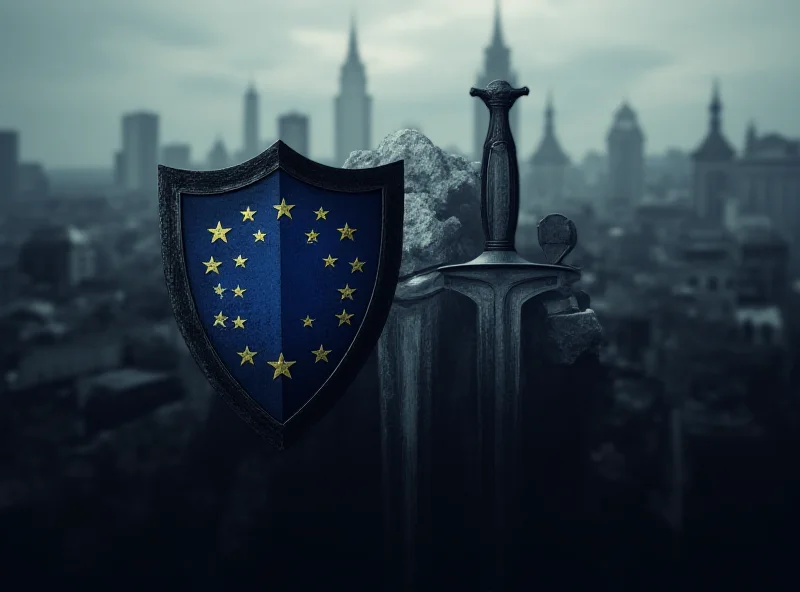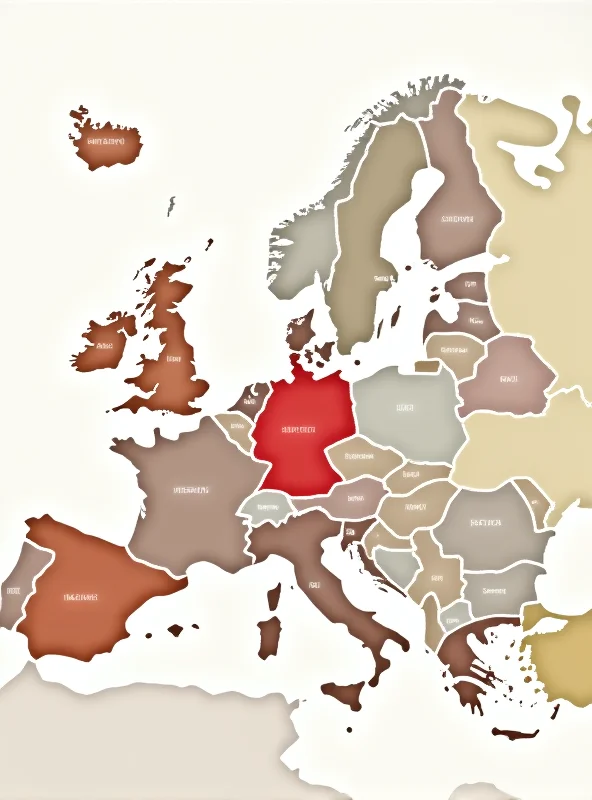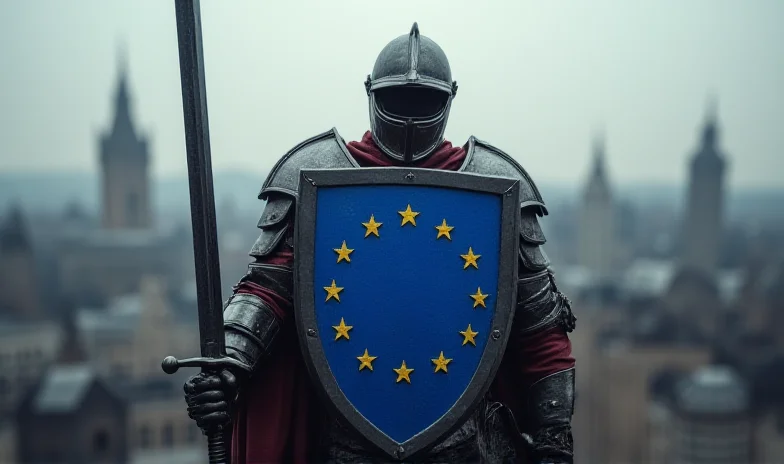Europe is at a pivotal moment, facing critical decisions about its future security, diplomatic relationships, and economic priorities. Recent analyses suggest a need for significant adjustments to defense spending, a re-evaluation of transatlantic alliances, and even a potential shift in relations with Russia.
Defense Spending and the Welfare State
One of the most pressing issues is the debate surrounding defense spending. Some argue that Europe must significantly increase its military capabilities to ensure its security in an increasingly uncertain world. This, they contend, would require a fundamental shift in priorities, potentially necessitating cuts to social welfare programs. The argument is that a robust defense is paramount, even if it comes at the cost of some social safety nets. As one analyst put it, "There is no way of defending the continent without cuts to social spending."

This proposal has sparked considerable debate, with many questioning the feasibility and ethical implications of such a dramatic shift in resource allocation. Critics argue that strong social programs are essential for maintaining social stability and cohesion, and that weakening these programs could have unintended consequences.
The Shifting Sands of Alliances
Another key challenge facing Europe is the evolving nature of its alliances, particularly its relationship with the United States. Several former diplomats have cautioned against relying too heavily on the "special relationship" with the US, especially in light of changing political dynamics. They suggest that Europe needs to diversify its partnerships and strengthen ties with other regions, including – and perhaps especially – within Europe itself.
This sentiment is echoed by those who argue that Europe should consider a closer relationship with Russia. Despite historical animosity and ongoing tensions, some believe that a strategic partnership with Moscow could enhance Europe's geopolitical standing and allow it to better compete with global powers like the US and China. "Only by overcoming its animosity against Moscow and pairing up can Europe hope to rival the US and China in the game between superpowers," argues one analyst.

Navigating the Future
Ultimately, Europe faces a complex set of challenges and opportunities. The decisions made in the coming years will have a profound impact on its future security, prosperity, and global influence. Whether it chooses to prioritize defense spending over social welfare, strengthen transatlantic ties, or forge new partnerships with Russia and other nations, Europe must carefully consider the long-term implications of its choices. The path forward requires careful diplomacy, strategic thinking, and a willingness to adapt to a rapidly changing world.

Stay tuned for further updates on these developing stories.
